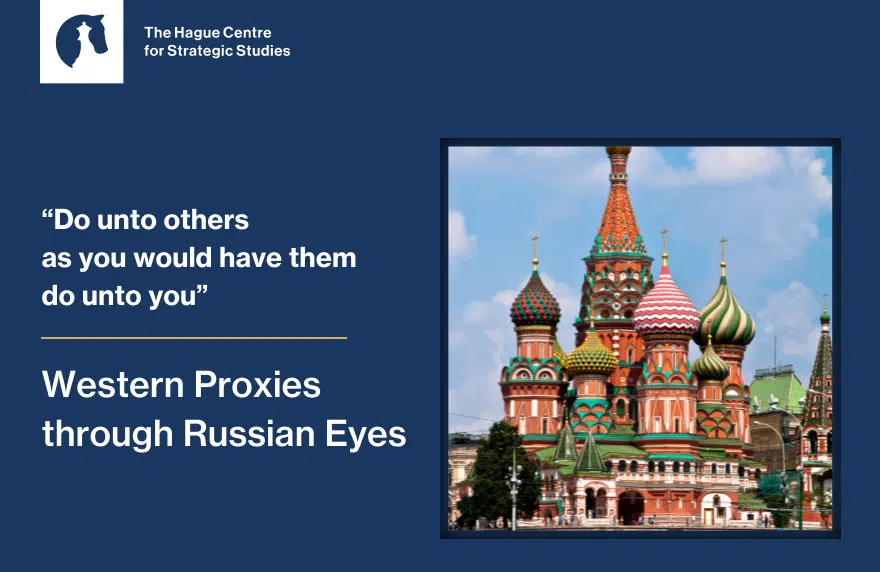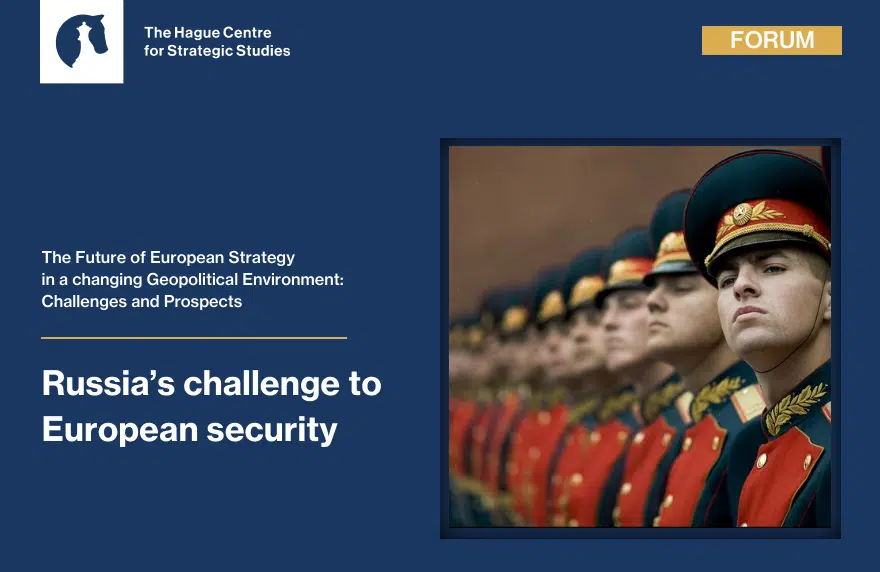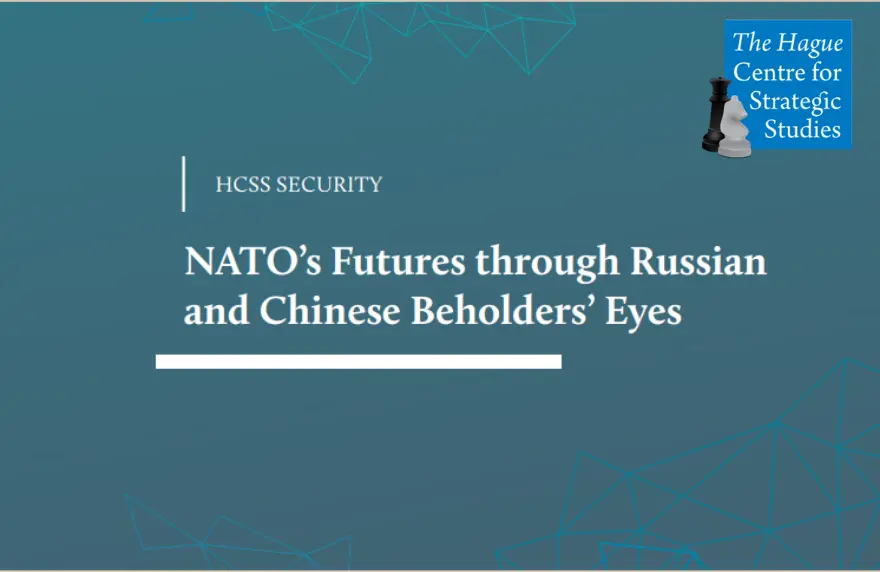Research
After the collapse of the Soviet Union, the ‘us vs. them’ view was increasingly eschewed in favor of more inclusive strategic postures. In recent years however, Russia is attempting to undermine Western political, economic and societal structures. How does Russia think that the West tries to influence Russia through proxies? And who are the perpetrators, according to Russia? In other words, who is ‘the West’?
This short briefing draws four main conclusions about how Russia views Western proxies.
- Russian political and academic authorities attach much importance to Western influence. This influence is presumed to be exerted deliberately with the broader strategic goal to change Russia’s current regime and install a government that is more favorable inclined toward the West.
- There is a high degree of consensus that the West seeks to achieve this, namely through the four concepts Color Revolutions, Hybrid Warfare and Information and Psychological Warfare.
- Russia has a clear designation of those that it considers to be Western proxies. These include (1) organizations that receive any form of support from the West, (2) Western media outlets, (3) Western representatives and businessmen, (4) people that are too much subject to Western (cultural) influence.
- The Russian discourse gives away little concrete information and seldom mentions concrete organizations or individuals involved.
The research for this brief was completed by Philip Geurts, Stephan de Spiegeleire and Frank Bekkers, with support from HCSS Team Ukraine.








